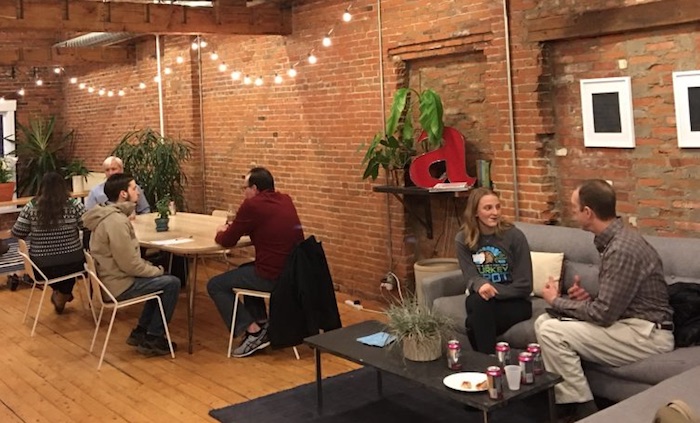 Finally, two conceptual problems plague analysis on this area. The first relates particularly to the terminology used to characterize dialogue online.
Finally, two conceptual problems plague analysis on this area. The first relates particularly to the terminology used to characterize dialogue online.
Which Candidates Will Win Tonight’s Democratic Debate? Six Experts Offer Tips
It has been advised that ethnicity performs an essential position in shaping the composition and influence of these networks (Leighley and Matsubayashi, 2009). In this paper, we employ discussion network information to contribute to this debate and explore the relationship between co-ethnic discussants and their political characteristics, which we check with as mobilisation worth; how these relationships differ across ethnic minority/majority groups; and the implication of those phenomena for voter turnout in Britain. We find that, for White British, co-ethnic discussants have greater mobilisation value. However, overall, for Asians and other ethnic groups have greater mobilisation value than White British or Black respondents.
The Implied Freedom of Political
Research on prejudice has shown that with whom we surround ourselves issues for intergroup attitudes, but these research have paid little attention to the content of these interactions. Studies on political socialization and deliberation have centered on the content material of interaction by analyzing the transmission of norms as well as the direct consequences of political dialogue on attitudes and habits. However, this literature has not targeted on prejudice as a possible consequence. In this examine, we combine these approaches to examine if political discussions with friends during adolescence matter for prejudice.
Yet there’s good cause to assume that race cannot be left behind (Burkhalter, 1999). One probably empowering facet of ICTs is enabling marginalized and minority teams to seek out one another on-line. In her interviews with Latino/Latina and African American bloggers, Pole (2010) found influential activism among teams of African American and Latino bloggers on issues associated to race and immigration. Yet, Byrne’s (2007) examination of social media sites notes that few are devoted to African Americans and issues of particular concern to them. One exception is “Black Twitter,” the distinctive type performed by blacks on Twitter—because of its distinct communication affordances—as a method of connection, identity building, and empowerment (Brock, 2012; Florini, 2014).
Another contributing issue is that pc-mediated contexts are seen as implying dangers for misunderstandings. The incontrovertible fact that one cannot see others’ gestures and facial expressions, say members, increases the chance that conflicts come up and/or escalate. When Linda talks about Facebook discussions that “get out of hand” she refers to postings that get spread to unknown audiences. However, on several events, participants also categorical the concept on social media, discussions per se typically get out of hand. The first and most important reason why our individuals feel disinclined to take part in political discussions on social media has to do with a perceived threat of stepping into conflict with others.

